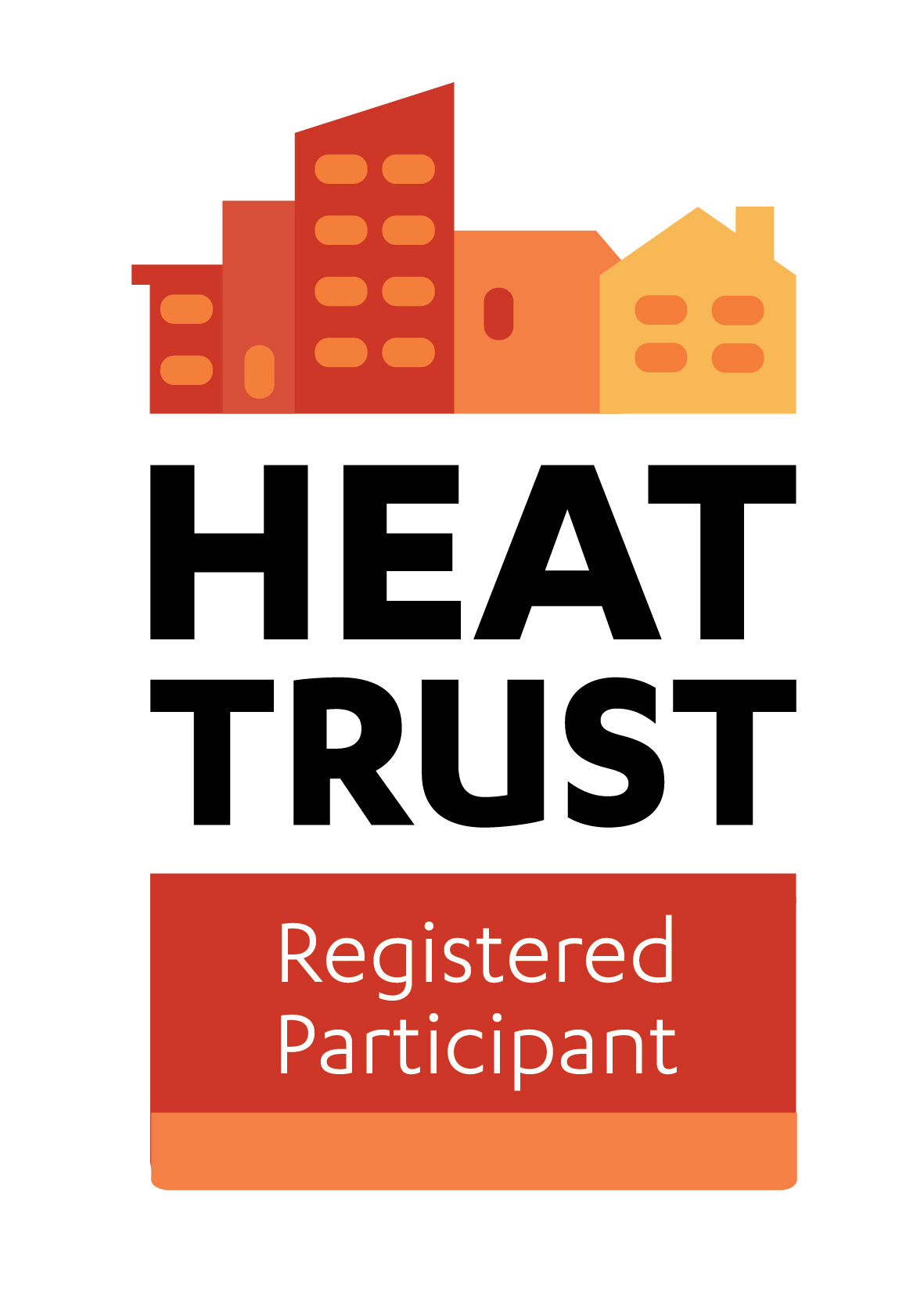Is Energetik’s heat network the best low carbon heating solution for all new homes in Enfield?
Energetik will connect to new homes in Enfield where it is technically and commercially viable to do so. In dense urban areas, especially those with local heat recovery from waste processes, heat networks are often the lowest cost, lowest carbon heating option.
Heat pumps have a part to play in decarbonising Enfield, especially where urban density is not as high, but they still need electricity to operate, which still has to be produced in power stations. By capturing waste heat that is a by-product and using it to warm people’s homes, it avoids the need for more electricity to be produced at power stations. This also has the effect of reducing Enfield’s long-term reliance on imported fossil fuels, improving local energy security.
Heat networks remove the need to re-enter homes to change technology (such as replacing gas boilers with heat pumps, then possibly a new technology in the future) because the infrastructure does not need to change in order to make use of the lowest cost/carbon heat sources available – this is currently waste heat but could easily be switched in future as technology advances.
Further, the government will introduce heat network zoning over the coming years, obliging new buildings and existing buildings with large heat demands to connect to heat networks.
From the government’s website on heat networks, which contains lots of information on the development of heat networks in the UK (https://www.gov.uk/government/collections/heat-networks):
“Heat networks are vital to making net zero a reality in the UK. In high density urban areas, they are often the lowest cost, low carbon heating option. This is because they offer a communal solution that can provide heat to a range of homes and businesses by capturing or generating heat locally.
By driving forward new low carbon technologies like heat networks, we can cut the use of fossil fuels for heating our homes and shield households from oil and gas price rises that are being pushed up by pressures on global energy markets.”






